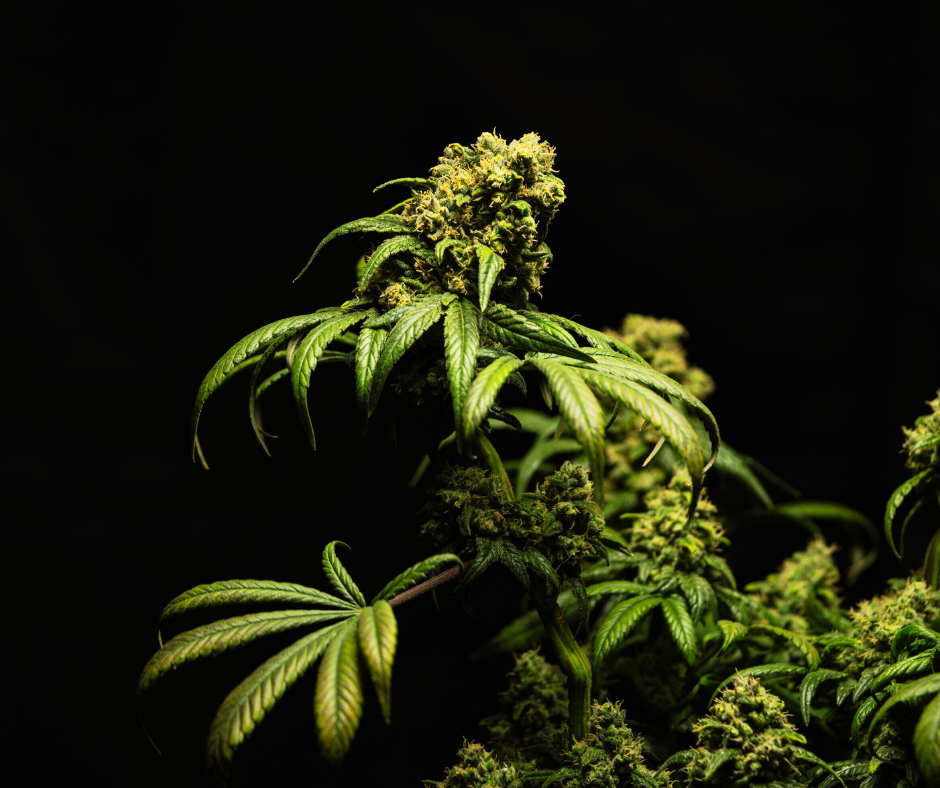In the intricate dance of addiction treatment, a new study casts a spotlight on the role of cannabis, challenging prevailing beliefs surrounding its efficacy in addressing opioid addiction. Published in The American Journal of Drug and Alcohol Abuse, the study scrutinizes the impact of cannabis on individuals undergoing treatment for opioid use disorder, unraveling a narrative that contradicts widely held viewpoints.
The Cannabis Conundrum:
Contrary to the growing belief that cannabis serves as a helpful ally in weaning individuals off opioids, the study unveils a different reality. Researchers, led by Gabriel Costa from the University of Ribeirão Preto in Brazil, conducted a systematic review and meta-analysis of existing research. This extensive examination involved over 8,000 individuals undergoing medication-based treatment for opioid use disorder, challenging assumptions about the influence of cannabis.
No Clear Effect:
The study’s findings dismiss the notion that cannabis has a clear effect on the treatment of opioid addiction. Whether obtained from regulated or non-regulated sources, cannabis exhibited no significant impact on individuals’ non-medical opioid use. The revelation challenges the status quo in some U.S. treatment programs, which impose abstinence from cannabis as a prerequisite for life-saving opioid addiction treatment.
Implications for Treatment Programs:
Dr. Joao P. De Aquino, a specialist in substance use disorders and co-occurring medical and psychiatric conditions, emphasizes the significant implications for treatment programs. The study questions the practice of enforcing cannabis abstinence as a condition for providing crucial medications for opioid use disorder. Dr. De Aquino advocates for a more personalized approach, considering individual circumstances, including assessing cannabis use disorder and addressing co-occurring conditions like depression and anxiety.
Need for Further Research:
While shedding light on the current landscape, the study acknowledges the need for further research into cannabis and its constituent cannabinoids’ potential to alleviate symptoms of opioid use disorder. Dr. De Aquino highlights the urgency of FDA-approved treatments, such as methadone, buprenorphine, and naltrexone, in the face of the increasing availability of high-potency synthetic opioids like fentanyl.
The cannabis conundrum in opioid addiction treatment takes center stage as this study challenges preconceived notions. As the medical community grapples with evolving perspectives, the call for individualized treatment approaches and a deeper understanding of cannabis’s role becomes paramount. In the complex interplay of opioids, cannabis, and addiction treatment, this study serves as a compass, urging a reevaluation of practices to ensure the most effective and compassionate care for individuals navigating the challenging terrain of opioid use disorder.




